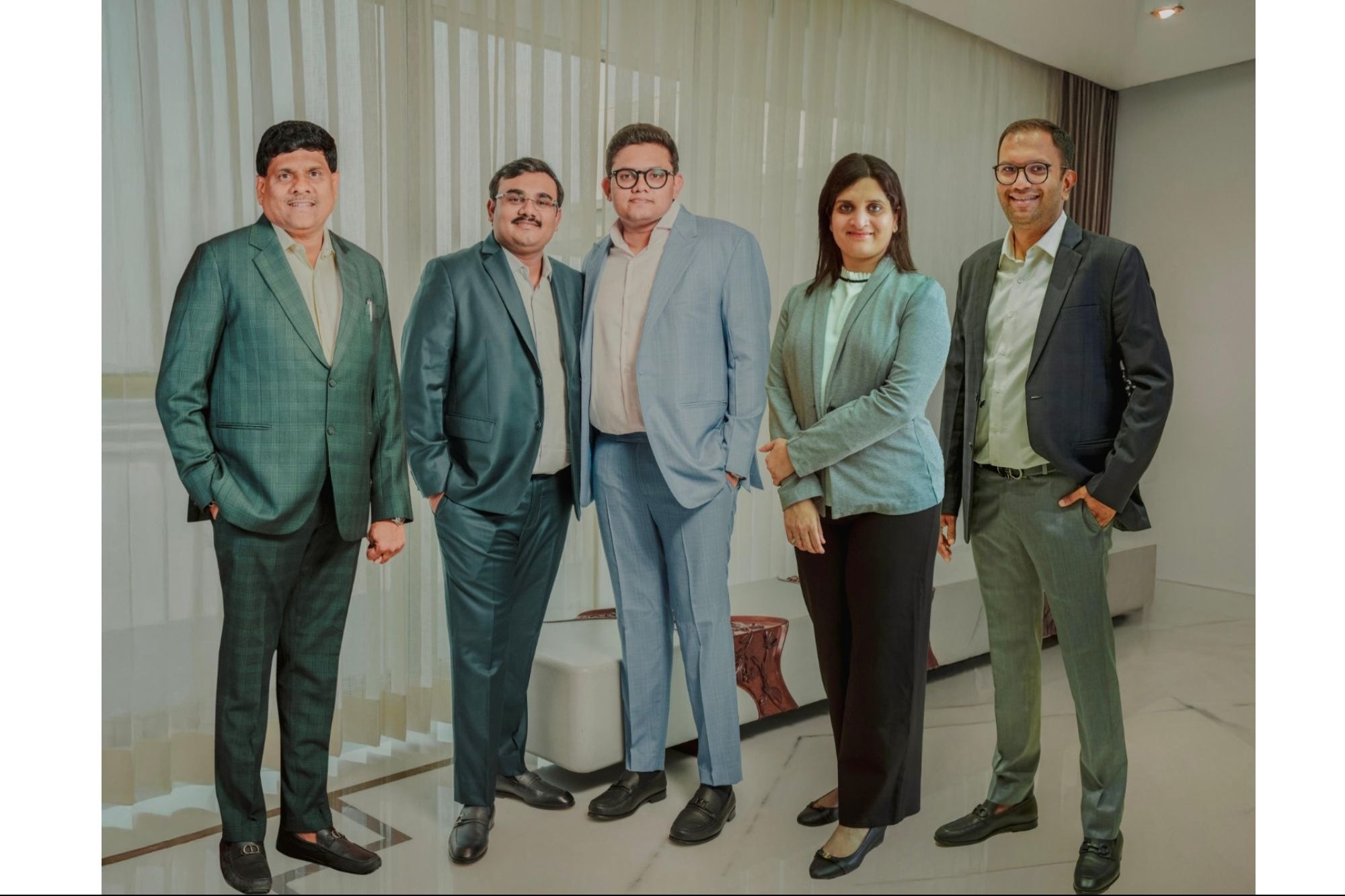International Women in Engineering Day 2025: Why Women in Engineering Still Face a Leadership Cliff "We do not need to replicate the old boys' clubs. Today, platforms like LinkedIn give us access to knowledge, connections, and visibility on our own terms… That is the kind of culture that helps women not just stay, but thrive," says Rekha Vijayalakshmi, SVP, Global Client Delivery, Mphasis
Opinions expressed by BIZ Experiences contributors are their own.
You're reading BIZ Experiences India, an international franchise of BIZ Experiences Media.

As the world celebrates the 12th annual International Women in Engineering Day under the theme "Together We Engineer", it is time to spotlight the challenges and progress of women in engineering leadership. Despite a growing talent pool, women remain underrepresented in core engineering roles and executive positions in heavy industry and manufacturing sectors that collectively contribute nearly 20 per cent of India's GDP.
In 2025, the statistics remain concerning. While women now comprise 40 per cent of India's STEM graduates, they make up only three per cent of the core engineering workforce, and roughly 12 per cent in broader technology roles. The numbers shrink further when we examine representation in mid-management and leadership levels.
But the journey is not all bleak. Inspirational leaders across the industry are stepping forward to challenge the status quo, create supportive ecosystems, and lead with purpose.
The Drop-Off Dilemma
Rekha Vijayalakshmi, SVP, Global Client Delivery at Mphasis, observes a significant fall in female representation beyond entry-level roles. "While nearly 40 per cent of engineering graduates are women, the number reduces to just about 15–20 per cent in mid-management. Many women leave the workforce or opt out of career advancement due to the need to juggle responsibilities, lack of relatable role models, and lack of self confidence in their own abilities."
She emphasises the importance of defining purpose early in one's career. "When women know their purpose, they are more likely to aspire for leadership roles and take the necessary steps to achieve them… Purpose-driven leadership not only helps women navigate challenges and make deliberate career choices, but also inspires teams and organisations to pursue meaningful, impactful work."
Resilience Through Purpose and Impact
Noopur Julka, Senior Director at UST UK, touches on the invisible battles women face in engineering environments. "Women engineers often navigate isolation, bias, and the weight of needing to overperform, I am guilty and work on it daily. Yet resilience is born when purpose meets action anchored in the impact of our work."
She highlights a moment of impact from her own team. "Recently, one associate on my team built an accessibility feature that helps people with disabilities better navigate digital experiences: a powerful reminder that we're changing lives, one line of code at a time."
On mentorship, she shares a fresh perspective: "Women often seek female mentors, which is valuable but I've found the most transformative insights sometimes come from male allies who challenge assumptions and broaden horizons."
Tackling Bias and Creating Visibility
Karuna Tiwari, Data Scientist, Digital Products & Solutions at Hinduja Global Solutions, shares how women engineers often have to constantly prove their technical worth.
"Women in engineering often face unconscious bias and must repeatedly prove their technical expertise. Many counter this by building strong portfolios, mentoring others, and asserting visibility during reviews."
She adds that flexible work options and structured support systems are essential. "Balancing work and caregiving is another significant challenge, which can be addressed through flexible schedules, effective time management, and peer support."
Karuna underscores the role of purpose in building culture and future talent."Women leaders grounded in purpose don't just advance their careers; they influence culture, drive ethical innovation, and inspire others to follow. This ripple effect plays a key role in making engineering a more inclusive, impactful, and sustainable field for all."
Thriving in Tech, But With Challenges
While the Information Technology sector has seen higher participation rates, the path remains complex.
Ushasri Tirumala, Executive Vice President & GM at Manhattan Associates, notes, "In India, women are thriving in the Information Technology sector, more than 30 per cent of our centre in India comprises women. Women are also making significant strides in engineering and R&D organizations."
However, mid-career off-ramping remains a real hurdle. "Mid-career off ramping due to maternity and family care responsibilities is another major barrier… During key life events, when time is stretched across multiple responsibilities, women are less likely to pursue challenging roles that require significant learning investment or travel."
She draws inspiration from pioneering women like Shakuntala Bhagat, India's first woman civil engineer to design over 70 bridges, and Anuradha TK, the ISRO scientist behind several key satellite missions.
Ushasri believes that professional networks and purposeful learning are essential to advancement. "To thrive, women engineers need consistent encouragement, purposeful learning and development opportunities and, most importantly, a seat at the table and a voice in the decision-making process."
How organisations can help further?
Rekha Vijayalakshmi shares how organisations can help women succeed. "One of the most powerful things an organisation can do is create space for meaningful conversations… Mentorship is not about giving advice, it's about asking the right questions and helping people think more deeply about their own journeys."
She also advocates for building modern, inclusive networks. "We do not need to replicate the old boys' clubs. Today, platforms like LinkedIn give us access to knowledge, connections, and visibility on our own terms… That is the kind of culture that helps women not just stay, but thrive."
The message from Indian women leaders is clear: the leadership must be rooted in purpose, because purpose fuels resilience, nurtures growth, and sparks cultural change.











